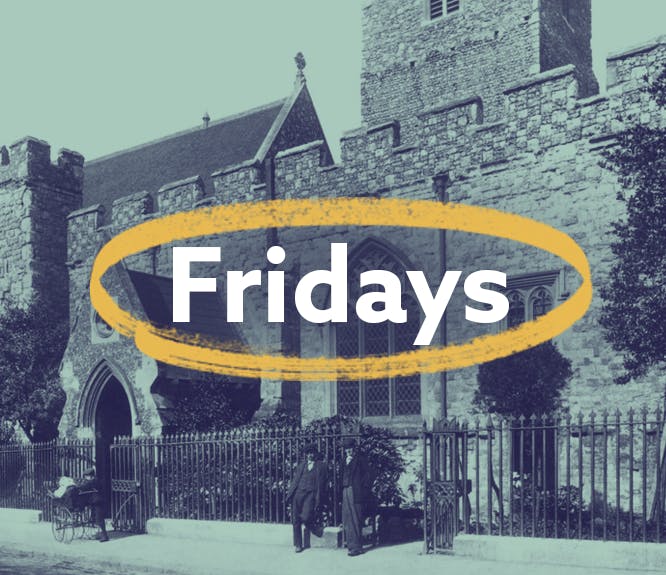Take a virtual road trip through Findmypast's American family records
4-5 minute read
By Guest Author | July 12, 2021
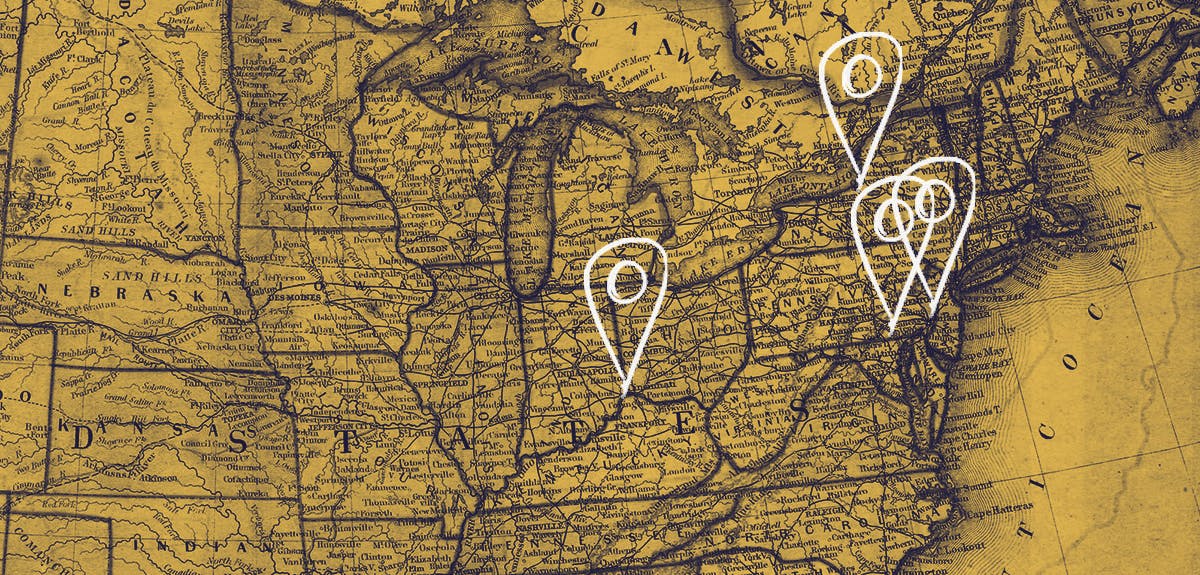
Ancestors in America? Pack your bags because Lisa Lisson is taking us on a trip around the east coast of the United States to help uncover amazing family stories.
As a US-based genealogy researcher, I'm often asked how Findmypast can benefit those tracing American ancestors. It's a myth that Findmypast only offers British and Irish records. This incredible site has so much to offer researchers tracking ancestors in the United States too.
Find American ancestors
Did your family chase the American dream? Unlock stories of triumph and tragedy.
Marriage records, society directories, Catholic parish registers, and migration records are just a handful of the collections you'll find American ancestors in at Findmypast.
To show you the breadth and depth of US resources available at Findmypast, let’s take a trip together with stopovers in Cincinnati, New York, Baltimore, and Philadelphia. But before we head out on our road trip, let's make a pitstop in one of Findmypast's largest and most important American collections.
United States Marriages
Marriage records are crucial in genealogy research. They establish when and where a bride and groom got married. Additionally, the parents of the couple are sometimes named, taking that ancestral line back one more generation.
The United States Marriage Collection at Findmypast contains hundreds of millions of marriage records dating from the 17th to the 20th century.

An 1871 US marriage register from Barbour, West Virginia. View the full record.
Marriage records evolved over time, so you'll find a variety of types such as licenses, bonds, and intentions to marry. The details you can discover about the bride and groom vary too.
First stop, Cincinnati
Ohio is often referred to as 'The Gateway to the West.' Many migration routes west from the eastern United States went through Ohio and more specifically, Cincinnati. Settlers in Cincinnati were a diverse group made up of German, English, Irish, and others. It was a melting pot of different nationalities and creeds.
Part of Findmypast's Catholic Heritage Archive, Cincinnati Roman Catholic parish records are a must-search for anyone with ancestors from the region. You'll be familiar with the parish baptisms, marriages, and burials but don't overlook the congregational records. They document the daily life of the church. Records of confirmations and registers of reconciliation can provide further insight into your Cincinnati ancestors.
These quick links will take you straight to the various Cincinnati Roman Catholic record collections:
- Cincinnati Roman Catholic Parish Baptisms
- Cincinnati Roman Catholic Parish Burials
- Cincinnati Roman Catholic Parish Marriages
- Cincinnati Roman Catholic Parish Browse
- Cincinnati Roman Catholic Parish Congregational Records
Next up, New York
New York City served as the entry point for many people coming to America. Settled initially by the Dutch in 1664, today the city has a culturally and ethnically diverse population.
To successfully trace New York City ancestors, you'll need to have an understanding of the governmental jurisdictions and boundary line changes over time. New York City is made up of five boroughs:
- Manhattan (New York County)
- Bronx (Bronx County)
- Brooklyn (Kings County)
- Queens (Queens County)
- Staten Island (Richmond County)
Each borough is a city government entity, and the county where it sits is an entity of the state of New York. These are important distinctions to understand when looking for your ancestors' records.
You'll find a fantastic range of records at Findmypast that you can use to trace New York City ancestors. New York Roman Catholic Parish records are a particularly valuable resource.
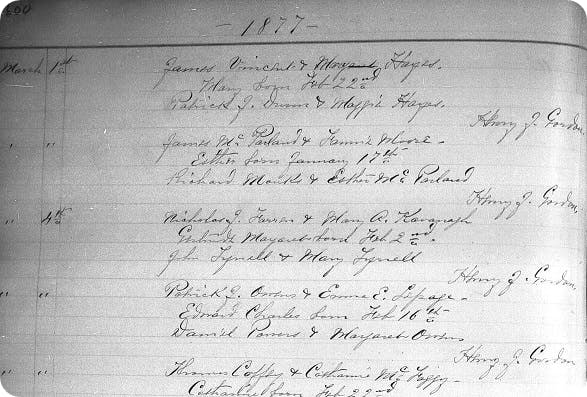
1877 baptism registers, St Paul parish, New York County. View the full records.
Other NYC records you'll want to explore include:
- New York State Census 1885, New York City Ward 17 Browse
- New York City Death Notices, 1835-1880
- New York State Religious Records 1716-1914 Image Browse
- New York City Surrogate's Office, Abstracts of Inventories 1730-1752, 1775-1786
- New York Genealogical & Biographical Society Member Biographies
- New York State Cemetery Abstracts Image Browse
- New York Researcher
- New York Dutch Church Baptism Index 1639-1675
- New York Researcher Image Browse
- New York Genealogical & Biographical Society Family Bibles
- The New York Genealogical and Biographical Record Image Browse
- New York Genealogical & Biographical Society Digital Book Collection Image Browse
A brief stop in Baltimore
Baltimore, Maryland was founded July 30, 1729. In the early 1800s, it was the second-most populous city in America. Baltimore was a popular port of entry for new arrivals and the site of the War of 1812 battle that inspired Francis Scott Key’s Star-Spangled Banner.
Also known as 'The Monumental City', Baltimore became an independent entity on May 13, 1851, when it split from surrounding Baltimore County, Maryland. This is important to remember as you search for your Baltimore ancestors and their records.
The Catholic Heritage Archive is an important source of information for anyone with Baltimore heritage. The collection includes:
- Baltimore Roman Catholic Parish Baptisms
- Baltimore Roman Catholic Parish Burials
- Baltimore Roman Catholic Parish Marriages
- Baltimore Roman Catholic Parish Congregational Records
- Baltimore Roman Catholic Parish Registers Browse c.1700-1917
Philadelphia, our final destination
Philadelphia, Pennsylvania was established in 1682 by William Penn through a land grant received from King Charles II. Early settlers were made up largely of Quakers, Mennonites and other 'dissenters' from England and parts of Europe. Throughout the history of Pennsylvania, a variety of groups settled in search of religious freedom. Lutherans, Moravians and Reformed are just a few examples.
Faith played an integral part of the development of Philadelphia and Pennsylvania as a whole. Because their religion was an important part of the settlers’ lives, it becomes a crucial part of ancestral research in the area.
Findmypast's Roman Catholic parish records provide detailed information of Philadelphia's congregants. You can delve into:
- Philadelphia Roman Catholic Parish Baptisms
- Philadelphia Roman Catholic Parish Marriages
- Philadelphia Roman Catholic Parish Registers Browse
Plus, Philadelphia Roman Catholic Diocesan Newspapers provide a unique look into the priorities and families of each church and diocese.
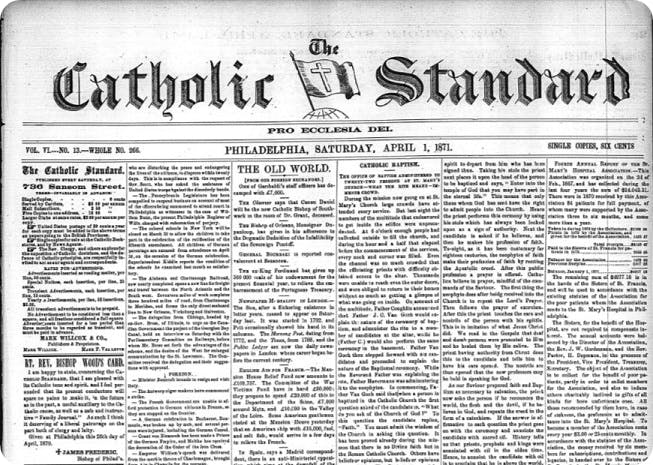
The Catholic Standard, April 1, 1871. Read the full paper.
Religious newspapers such as The Catholic Standard can reveal information on events and people in other dioceses both in the US and abroad.
I hope you've enjoyed our whirlwind road trip. What's more, I hope it has demonstrated just how much Findmypast has to offer if you're tracing family stories in America.
About the author
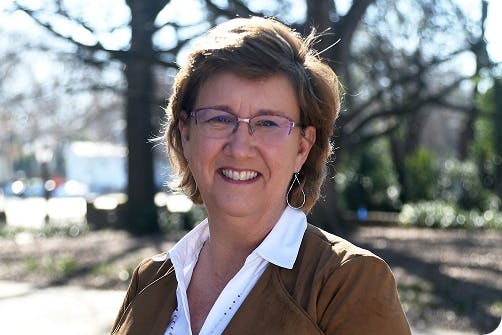
As a genealogy researcher and creator of the Are You My Cousin? blog, Lisa Lisson takes the overwhelm out of genealogy research and keeps researchers moving forward finding their ancestors. Whether researching ancestors alongside clients or writing how-to articles and books, Lisa uses her 12 years of research experience to help others build a solid research plan, find the needed genealogy records, and get the most out of those resources. When not working with clients or writing genealogy articles, Lisa can be found pursuing her passion for running, traveling with her husband, or simply enjoying time with her two adult children.
Related articles recommended for you
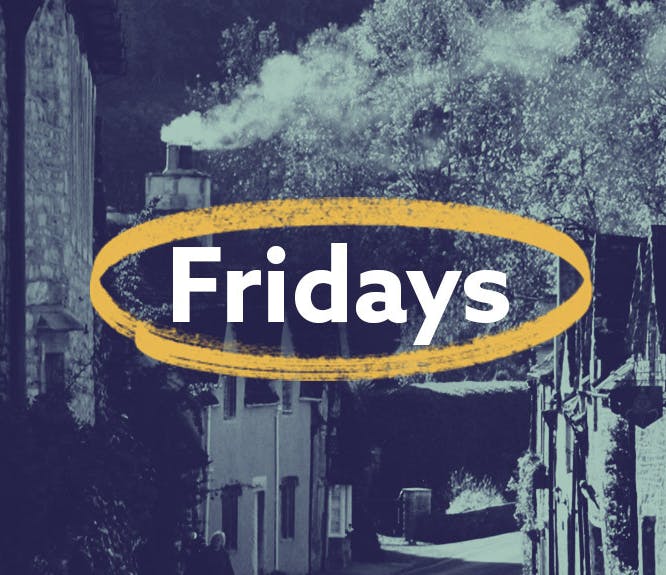
Discover English records spanning over 350 years
What's New?
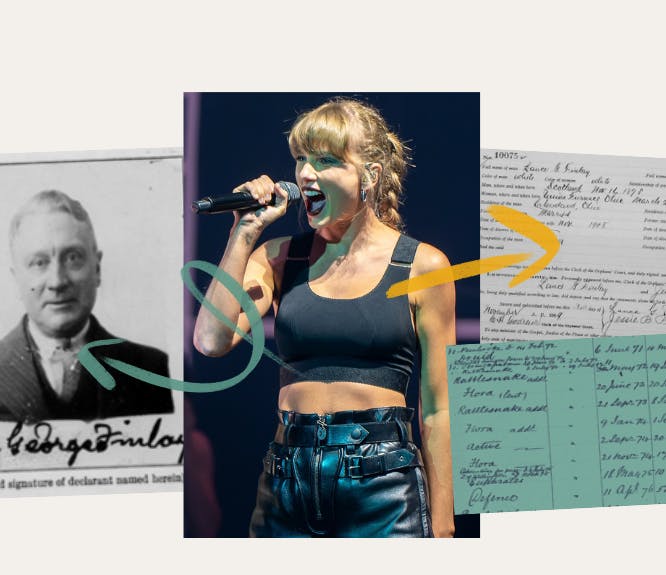
Taylor Swift’s family tree shines with love, heartbreak and the triumph of the human spirit
Discoveries
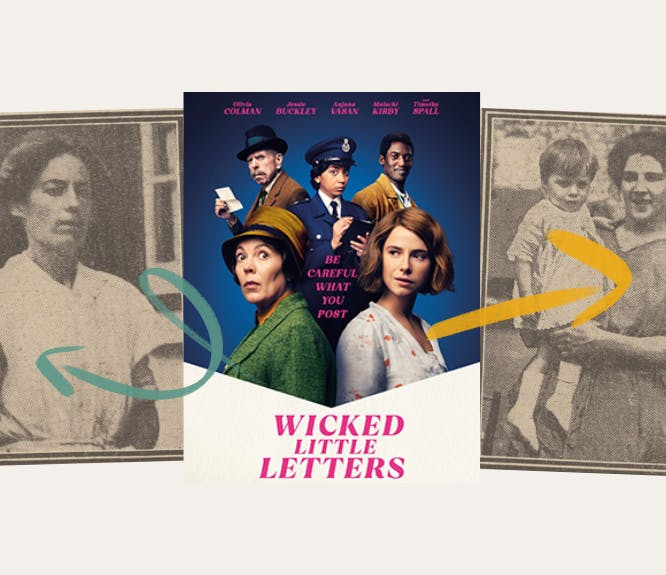
The shocking true story behind Wicked Little Letters
History Hub
